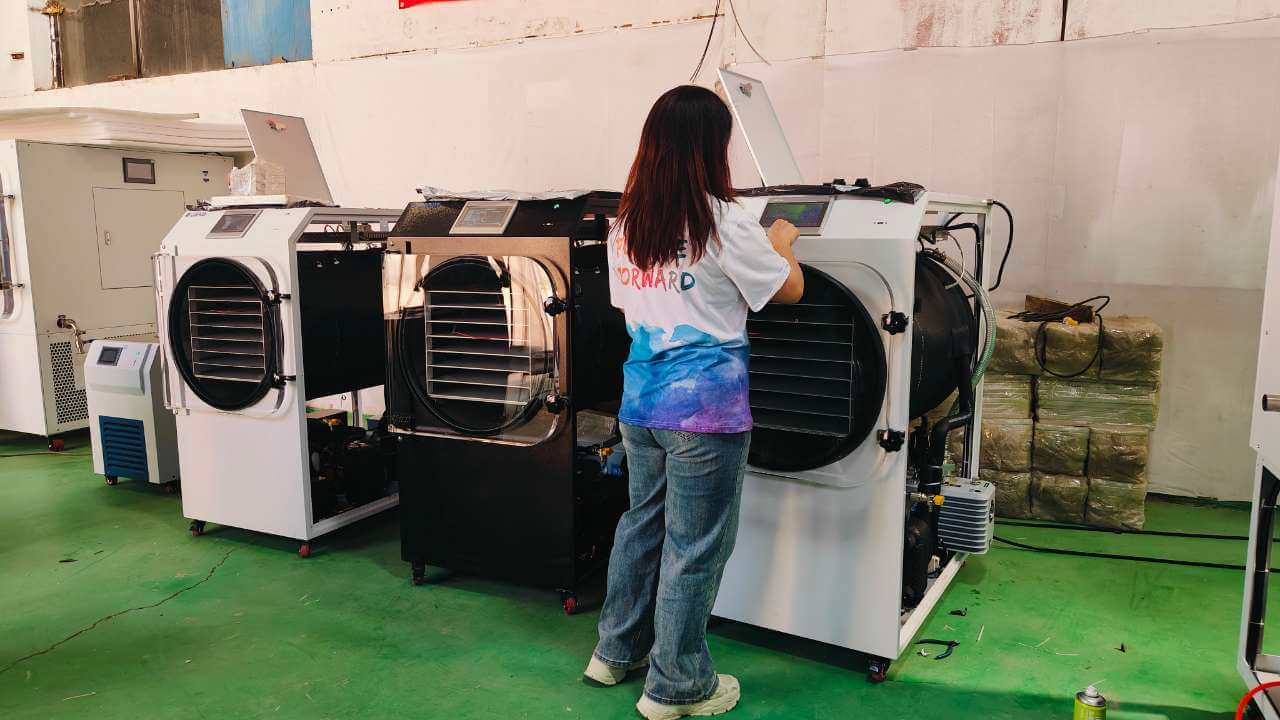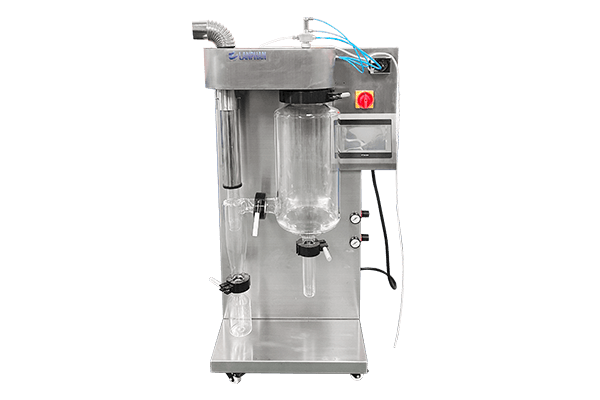What is the Purpose of a Freeze Dryer? Unlocking the Secrets
Introduction
What is the purpose of a freeze dryer? It’s a question that sparks curiosity in many. A freeze dryer, also known as a lyophilizer, is a fascinating machine with many uses. But why do people use freeze dryers, and what benefits do they offer? Let’s dive deep into the world of freeze drying and uncover its secrets.
Understanding Freeze Drying
Freeze drying is a process that removes moisture from materials, typically food or pharmaceuticals. It involves freezing the material, then reducing the surrounding pressure and adding heat to allow the frozen water in the material to sublimate directly from solid to gas. This process preserves the structure and composition of the material, making it ideal for long-term storage.
The Primary Purpose of a Freeze Dryer
The primary purpose of a freeze dryer is to extend the shelf life of products without compromising their quality. Unlike traditional drying methods, freeze drying maintains the nutritional value, flavor, and texture of food. For pharmaceuticals, it ensures the stability and efficacy of medications.

Benefits of Using a Freeze Dryer
1.Long Shelf Life: Freeze-dried products can last for years without refrigeration. This makes them perfect for emergency food supplies, camping trips, and long-term storage.
2.Nutrient Preservation: Unlike other drying methods, freeze drying retains almost all the nutritional content of the food. Vitamins, minerals, and enzymes remain intact, providing health benefits even after long storage periods.
3.Lightweight and Portable: Freeze-dried items are significantly lighter than their original form. This makes them easy to transport, especially for outdoor adventures or military rations.
4.Quick Rehydration: Freeze-dried products rehydrate quickly and return to their original state with the addition of water. This is particularly useful for preparing meals in a hurry.
5.Minimal Storage Space: Because they are lightweight and compact, freeze-dried products require less storage space. This is beneficial for those with limited storage areas.
Applications of Freeze Dryers
1.Food Preservation: One of the most common uses of freeze dryers is in the food industry. Fruits, vegetables, meats, and even complete meals can be freeze-dried to extend their shelf life while preserving their taste and nutritional value.
2.Pharmaceuticals: In the pharmaceutical industry, freeze drying is used to stabilize sensitive drugs and biologicals, such as vaccines. This ensures they remain effective until they are administered.
3.Biological Research: Freeze dryers are used to preserve biological samples, such as tissues, enzymes, and proteins, for research purposes. This helps scientists study materials over extended periods without degradation.
4.Herbs and Flowers: Freeze drying is also popular in preserving herbs and flowers for culinary and decorative purposes. The process maintains the aroma and color, making them look and smell fresh.
How Does a Freeze Dryer Work?
Understanding the mechanics of a freeze dryer can demystify its purpose. Here’s a simplified breakdown of the process:
1.Freezing: The product is first frozen to a very low temperature. This turns the water content into ice.
2.Primary Drying (Sublimation): In this phase, the pressure is reduced, and heat is applied. The ice changes directly from solid to vapor without passing through a liquid phase. This removes most of the water.
3.Secondary Drying (Desorption): Any remaining water molecules are removed by increasing the temperature further. This ensures the product is completely dry and stable.
Why Choose Freeze Drying Over Other Methods?
1.Quality Retention: Freeze drying maintains the product’s original qualities better than dehydration or canning. The texture, flavor, and nutritional content remain largely unchanged.
2.Versatility: Freeze dryers can handle a wide variety of products, from food to pharmaceuticals, making them a versatile tool for preservation.
3.Efficiency: Although the process is time-consuming, the efficiency and quality of the final product justify the investment. The long shelf life and quick rehydration are significant benefits.
Practical Uses in Daily Life
1.Emergency Preparedness: Freeze-dried foods are a staple in emergency preparedness kits. They ensure you have access to nutritious meals during natural disasters or other emergencies.
2.Outdoor Activities: Campers, hikers, and backpackers often rely on freeze-dried meals. They are lightweight, easy to prepare, and provide the necessary nutrients and energy.
3.Homesteading and Self-Sufficiency: For those living a self-sufficient lifestyle, freeze drying allows for the preservation of homegrown produce and homemade meals, reducing waste and ensuring a steady food supply.
4.Pet Food: Pet owners are turning to freeze-dried pet foods, which offer a nutritious and convenient option for feeding their pets. These foods retain more nutrients compared to traditional pet food.
The Future of Freeze Drying
As technology advances, freeze drying is becoming more accessible and efficient. Innovations in freeze dryer design and function are making them more user-friendly and affordable for both commercial and home use. This trend is likely to continue, expanding the range of applications and improving the quality and efficiency of the freeze drying process.
Conclusion
What is the purpose of a freeze dryer? It’s clear that freeze dryers play a crucial role in preserving the quality, nutrition, and longevity of various products. Whether for food, pharmaceuticals, or biological research, freeze drying offers unparalleled benefits. It extends shelf life, maintains quality, and provides convenience in a compact form.
If you’re fascinated by the world of preservation and technology, stay tuned. Our next article will explore the latest advancements in freeze drying technology and how they are set to revolutionize the industry.


